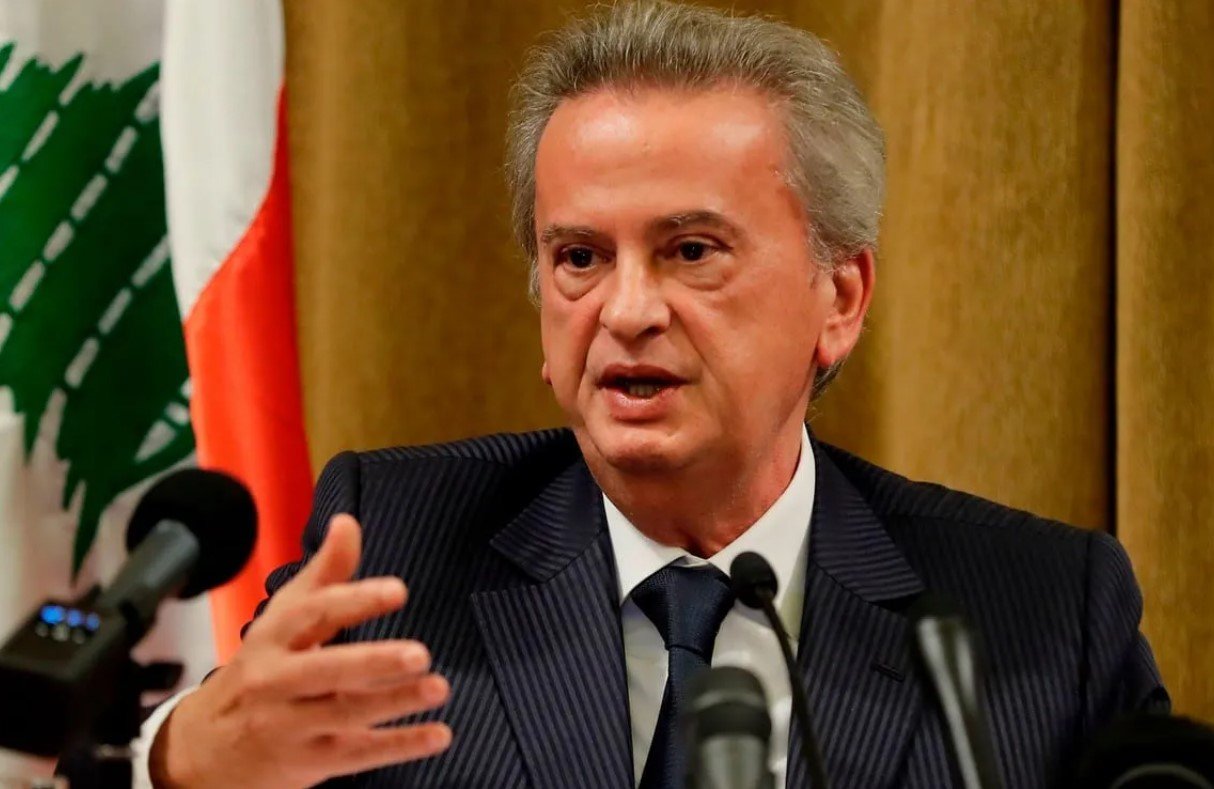Lebanon’s former central bank governor, Riad Salameh, was detained on Tuesday after being questioned in several corruption cases. Salameh, who served as the governor for 30 years, has been a controversial figure, especially in light of Lebanon’s ongoing financial crisis. His arrest marks a significant development in the country’s efforts to address corruption and financial mismanagement.
A Long-Awaited Arrest
Riad Salameh’s tenure as the central bank governor began in 1993, a period marked by Lebanon’s recovery from a 15-year civil war. Initially celebrated for his role in stabilizing the economy, Salameh’s reputation took a hit as Lebanon plunged into a financial crisis in late 2019. Many Lebanese citizens blame him for the policies that led to the devaluation of the Lebanese pound and the subsequent economic turmoil.

Salameh has consistently denied any wrongdoing, attributing his wealth to inherited properties and his previous career as an investment banker. Despite his denials, multiple European countries have been investigating him for alleged financial crimes, including embezzlement and illicit enrichment. The arrest on Tuesday followed a three-hour interrogation by Judge Jamal Hajjar, Lebanon’s top public prosecutor.
The former governor’s detention is seen as a crucial step in holding accountable those responsible for Lebanon’s financial collapse. However, it also raises questions about the future of the country’s financial system and the potential for further instability.
International Repercussions
The arrest of Riad Salameh has not only domestic but also international implications. France, Germany, and Luxembourg have been investigating Salameh and his close associates for allegedly laundering $330 million. These investigations have added pressure on Lebanon to take action against its former central bank governor.
Salameh’s arrest comes amid a broader crackdown on corruption in Lebanon. The U.S., the U.K., and Canada have already sanctioned him and his associates. France even issued an international arrest warrant for Salameh, although Lebanon does not extradite its citizens. The international community’s involvement underscores the severity of the allegations against Salameh and the broader implications for Lebanon’s financial and political stability.
The ongoing investigations and sanctions have further isolated Lebanon on the global stage. The country’s financial crisis has already led to a significant devaluation of its currency and triple-digit inflation, exacerbating the hardships faced by its citizens. Salameh’s arrest is a critical moment in Lebanon’s fight against corruption, but it also highlights the challenges ahead.
The Road Ahead for Lebanon
Lebanon’s financial crisis has left the country in a precarious position. The Lebanese pound has lost about 90% of its value against the U.S. dollar, leading to widespread economic hardship. The arrest of Riad Salameh is a significant step, but it is only one part of a much larger puzzle.
The country has been without a president for almost two years and is currently run by a caretaker cabinet with limited powers. The lack of stable leadership has hindered efforts to address the financial crisis and implement necessary reforms. The appointment of a new central bank governor is also pending, with Wassim Mansouri currently serving as the acting governor.
Salameh’s arrest may provide a glimmer of hope for those seeking accountability and justice. However, the road to recovery will be long and challenging. Lebanon needs comprehensive reforms to rebuild its financial system and restore confidence among its citizens and the international community.
The arrest of Riad Salameh is a pivotal moment in Lebanon’s history. It symbolizes the country’s determination to tackle corruption and financial mismanagement. Yet, it also serves as a reminder of the deep-rooted issues that need to be addressed to ensure a stable and prosperous future for Lebanon.


































